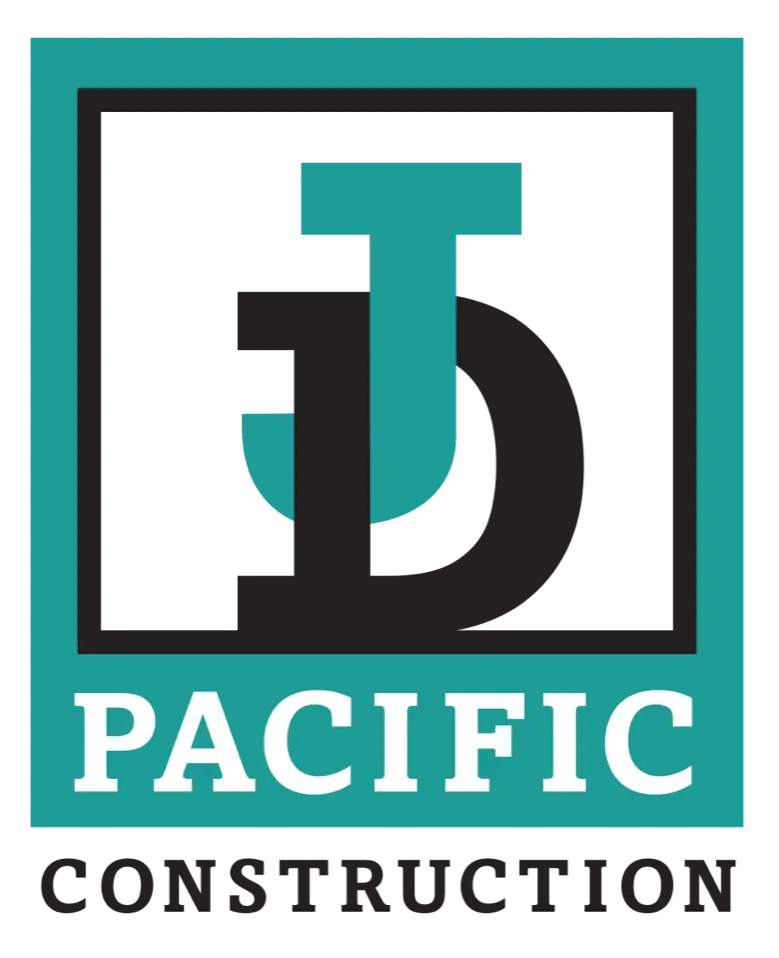Construction project management is a complex and multifaceted discipline that requires meticulous planning, effective communication, and precise execution. Mastering the art of construction project management involves understanding the key strategies and best practices that ensure successful project delivery. Here’s a comprehensive guide to excelling in construction project management.
1. Detailed Planning
Effective project management begins with detailed planning:
- Project Scope: Clearly define the project scope, including objectives, deliverables, and timelines. Ensure that all stakeholders understand and agree on these parameters.
- Budget Planning: Develop a comprehensive budget that accounts for all project costs, including materials, labor, permits, and contingencies. Regularly update and review the budget to avoid overruns.
- Resource Allocation: Identify and allocate resources, including personnel, equipment, and materials. Ensure that resources are available when needed to avoid delays.
2. Strong Leadership
Strong leadership is crucial for guiding the project to success:
- Team Building: Assemble a skilled and cohesive project team. Ensure that team members understand their roles and responsibilities and are motivated to achieve project goals.
- Communication: Maintain open and transparent communication with all stakeholders. Regularly update the team on project progress and address any concerns promptly.
- Decision-Making: Be decisive and proactive in addressing challenges. Make informed decisions based on data and project requirements.
3. Effective Scheduling
A well-structured schedule is essential for timely project completion:
- Gantt Charts: Use Gantt charts to visually represent the project timeline and track progress. These charts help identify critical paths and dependencies.
- Milestones: Set key milestones to track significant project achievements and ensure that the project stays on track.
- Flexibility: Build flexibility into the schedule to accommodate unforeseen changes or delays. Regularly review and adjust the schedule as needed.
4. Risk Management
Identifying and mitigating risks is a vital aspect of project management:
- Risk Assessment: Conduct a thorough risk assessment to identify potential issues that could impact the project. Categorize risks based on their likelihood and potential impact.
- Mitigation Strategies: Develop mitigation strategies for each identified risk. This may include contingency plans, alternative resources, or additional safety measures.
- Monitoring: Continuously monitor risks throughout the project and adjust mitigation strategies as necessary.
5. Quality Control
Ensuring high-quality outcomes is fundamental to project success:
- Standards and Specifications: Clearly define quality standards and specifications for all project aspects. Ensure that all team members understand and adhere to these standards.
- Inspections and Testing: Regularly conduct inspections and testing to verify that work meets quality requirements. Address any issues promptly to prevent further complications.
- Documentation: Maintain detailed documentation of all quality control processes and results. This documentation can be valuable for future projects and for addressing any disputes.
6. Cost Management
Keeping the project within budget is a key responsibility:
- Cost Tracking: Implement a robust system for tracking project costs. Regularly compare actual expenses against the budget and address any discrepancies.
- Change Orders: Manage change orders effectively to minimize their impact on the budget. Ensure that any changes are documented, approved, and accounted for in the budget.
- Value Engineering: Explore value engineering opportunities to optimize costs without compromising quality. This may involve finding cost-effective materials or construction methods.
7. Contract Management
Effective contract management helps avoid disputes and ensures project alignment:
- Clear Contracts: Ensure that all contracts are clear, comprehensive, and legally sound. Include detailed specifications, timelines, payment terms, and dispute resolution mechanisms.
- Compliance: Monitor compliance with contract terms throughout the project. Address any deviations promptly to prevent conflicts.
- Relationship Management: Maintain positive relationships with contractors, suppliers, and other stakeholders. Effective collaboration can help resolve issues more smoothly.
8. Technology Integration
Leveraging technology can enhance project management efficiency:
- Project Management Software: Use project management software to streamline planning, scheduling, and communication. These tools can also facilitate real-time tracking and reporting.
- BIM (Building Information Modeling): Implement BIM to improve project visualization, coordination, and decision-making. BIM can help identify potential issues before construction begins.
- Mobile Solutions: Equip the project team with mobile solutions for on-site data access and communication. This can improve responsiveness and decision-making.
Conclusion
The art of construction project management lies in balancing various elements—detailed planning, strong leadership, effective scheduling, risk management, quality control, cost management, contract management, and technology integration. By mastering these key strategies and best practices, project managers can ensure the successful delivery of construction projects, meeting objectives on time and within budget. Continuous improvement and learning from each project experience are also crucial for long-term success in the dynamic field of construction project management.
References: ConstructConnect, ResearchGate




